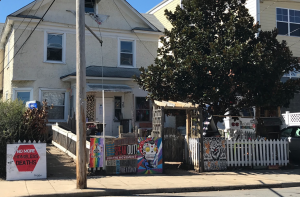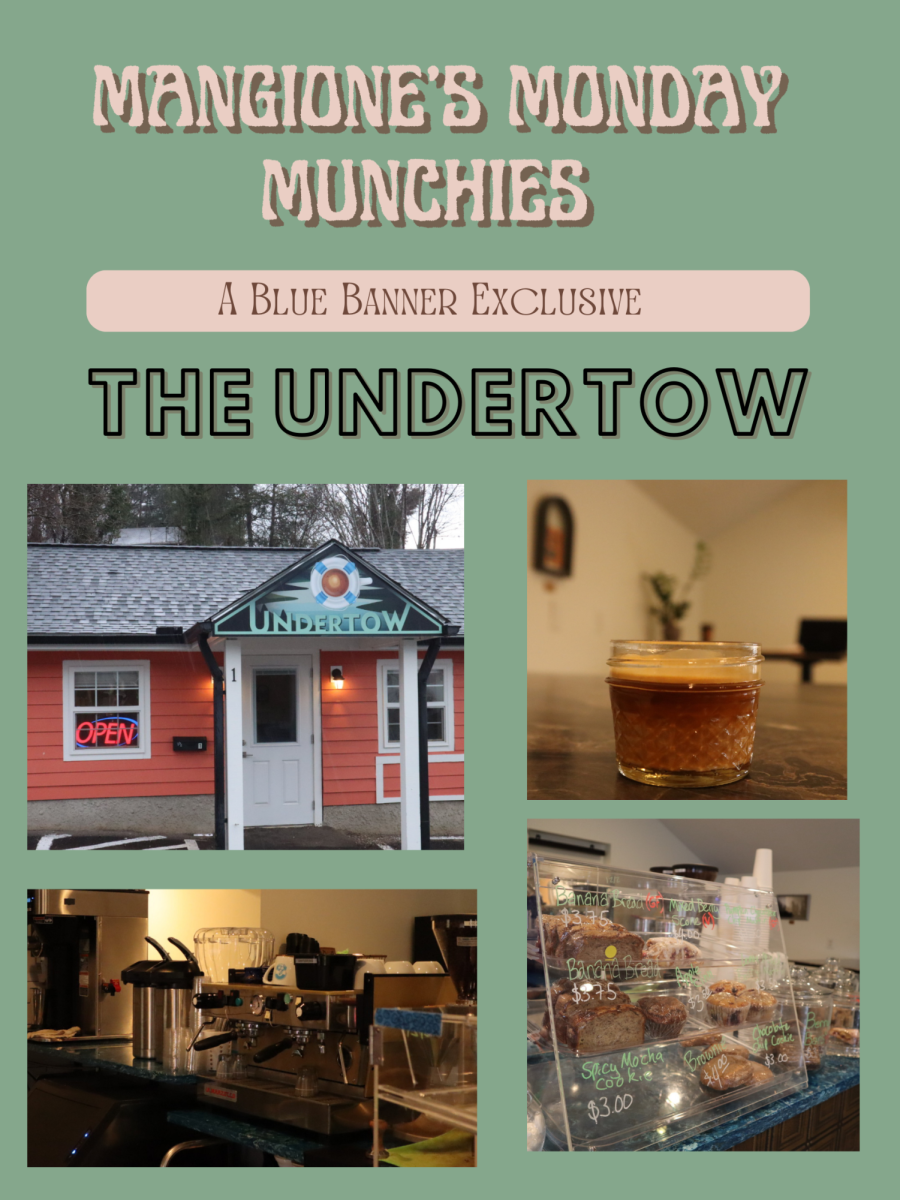Aislinn McShane
Contributor
[email protected]
Soliciting charges in Asheville are rising, according to local homeless shelters, and the homeless population continues to struggle to find safe living arrangements.
“Panhandling is a way to meet basic needs oftentimes when it’s hard to find economic means otherwise, like if the work dries up or something,” said Amy Cantrell, founder of BeLoved Asheville, a homeless support center.
Public records show in February there were 112 soliciting charges in the city of Asheville alone.
“It is a common complaint we get from people downtown, getting panhandled. Part of the reason we do focus on it when we do is because of aggression,” said Asheville Police Sgt. Evan Coward.
Panhandling citations rose 1.2 percent in 2016, according to BeLoved Asheville. They tracked the citations received by people in the Asheville shelters during the Housing, Not Handcuffs campaign, a campaign to end the criminalization of homelessness. According to Cantrell, the trend continued to rise in March 2017.
“Trespass is the biggest charge that we’ve seen by far. Almost half of the charges were trespassing. Closely behind that were panhandling and public urination,” Cantrell said. “If you have a record, it’s gonna be much more difficult to find jobs, find housing and then people have to turn to panhandling to get the resources that they need, so all this is sort of cyclical in nature.”
Some of these citations may be more serious than people first realize. According to officials at Human Rights Watch, as of 2007, 13 states had laws wherein someone could be labeled a registered sex offender for public urination.
“Many times over my career I’ve checked out with some who I suspected was probably panhandling,” Asheville resident Coward said. “You try to talk to them and kind of see what’s going on in their life and you’ll actually run into someone who maybe feels like they don’t belong or maybe wants to hurt themself or is just in a dark place. As police officers, we come across people a lot of times on the worst day of their life.”
Homeless people still face a lot of stereotypes as well. Many people assume homeless people are all criminals, or all addicted to drugs or alcohol, according to an article published in Social Science Research
“Homelessness doesn’t really have anything to do with committing a crime. In fact, we’ve recognized anecdotally that most folks we end up dealing with on the street for panhandling and related issues are housed somewhere,” Coward said.
According to Beloved Asheville, on any night 500-600 people will be homeless in this community and 700 children will be homeless each year.

Aaron Nasser, a UNC Asheville student, said he has seen people walk into McDonald’s and ask for free food. While normally they get denied, he said he thinks they have the right idea going and refutes the stereotype that all they spend money on is drugs or alcohol.
People die from living on the street at a rate of 20 people per year in Asheville and Buncombe county, according to BeLoved Asheville. One of their projects, the Tiny Homes Community Project, works to create deeply affordable housing by building a tiny house village for those in need and to get people off the street. According to The Tiny Life, a tiny home is typically 100 to 400 square feet.
“A lot of the times that I’ve come across panhandlers or someone who is not supposed to be on a private property somewhere, it’s a great opportunity to help. I’ve been able to get folks into the hospital for treatment when they’ve really felt like they were gonna hurt themselves,” Coward said. “The last thing we wanna do is see someone who has died from exposure. It’s a horrible thing and it’s hard for everyone.”
Yet not everyone agrees with the policing of homeless. Cantrell said BeLoved Asheville has a Homeless Voice group that helps to shine light on the homeless population, even going so far as to talk to city officials that work in public safety.
“We have seen a lot of hostile architecture. The largest example of that recently has been the fencing of Pritchard Park to keep people from lying down in the park. Anything that was not paved was basically fenced,” she said.
BeLoved Asheville said it takes community effort to help and stop homelessness problems.
“Try and look at the homeless a different way and don’t just brush them off as someone who is ruining the streets,” Nasser said.

















